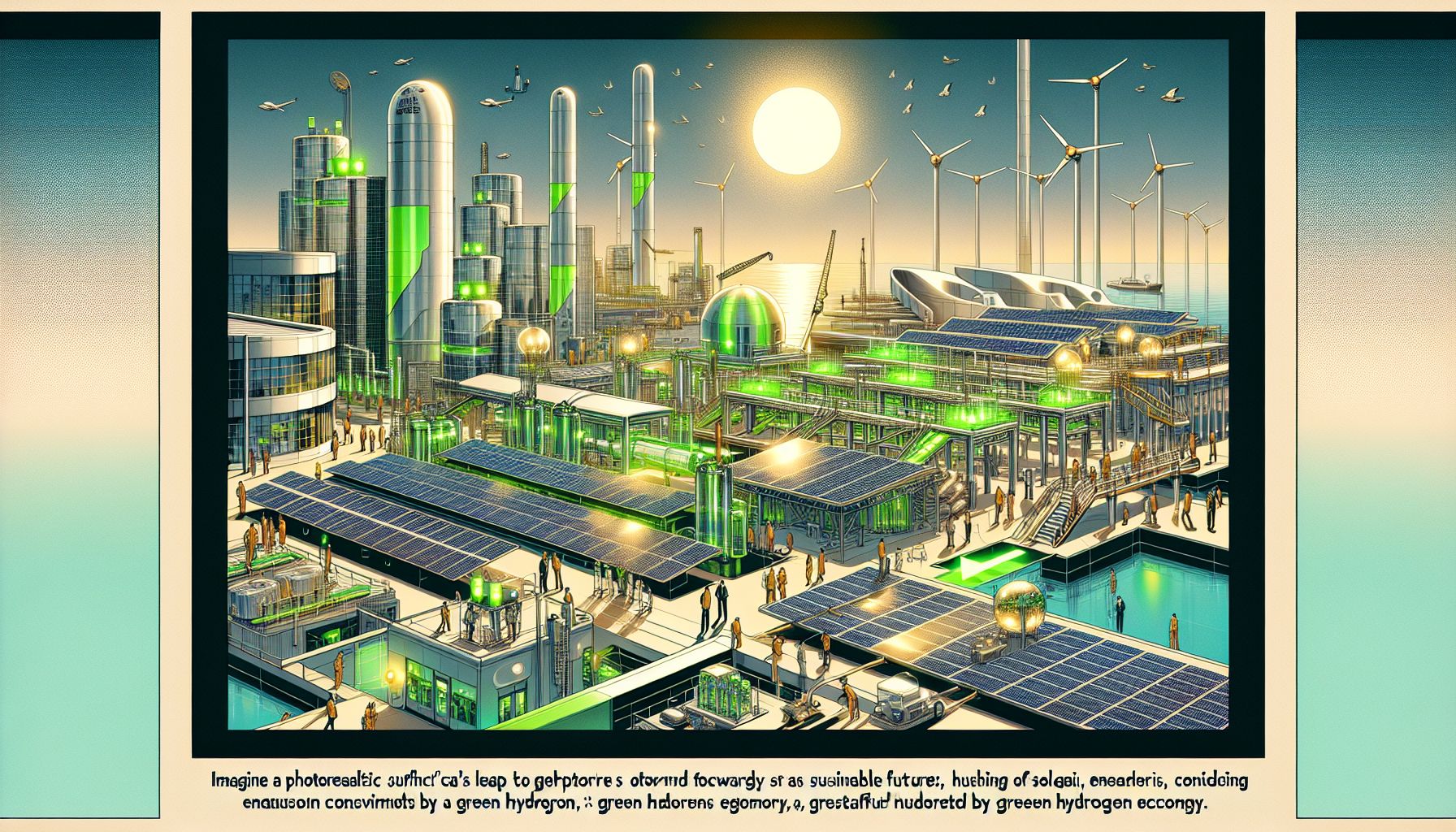South Africa's Green Hydrogen Leap: A Sustainable Future Beckons

Boksburg, Friday, 27 June 2025.
South Africa sets the stage for a green hydrogen economy, spotlighting solar-driven initiatives and potential partnerships to replace grey hydrogen. A pioneering shift towards cleaner energy solutions.
South Africa’s Green Hydrogen Initiative
South Africa is taking significant strides towards establishing a green hydrogen economy, focusing on transitioning from grey hydrogen, a pollutant, to greener alternatives. Companies like Wilo are leading by example, utilising solar power to produce green hydrogen, which showcases a clear shift towards cleaner energy sources [1].
Historical Echoes and Future Prospects
Remember the Thirties to the Fifties, when South Africa had a single petrol pump provided by Satmar in Boksburg using local petrol from torbanite? It’s a bit like that now with green hydrogen making a comeback in a modern guise. The ambition is to begin with a single hydrogen pump at crucial refuelling stations along taxi routes, echoing that past success [1].
Potential Partners and Industrial Shifts
Toyota’s keen interest in green hydrogen presents a promising prospect for partnerships in South Africa, potentially transforming key refuelling stations. Strategically, this aligns with the wider vision of producing green hydrogen on small industrial sites currently using grey hydrogen, moving away from pollution-intensive practices [1].
Challenges and Necessity
While South Africa is poised for a green hydrogen transition, this journey isn’t devoid of challenges. The cost of renewable electricity, crucial for green hydrogen’s competitivity, needs to drop significantly. Likewise, infrastructure for hydrogen’s transport and storage remains a formidable barrier that needs addressing [5].
Market and Policy Support
The transition to green hydrogen requires robust policy support and incentives. Government role in driving demand and reducing costs through regulations is vital. It represents an essential step in decarbonising the economy and advancing towards a sustainable energy paradigm [3][5].